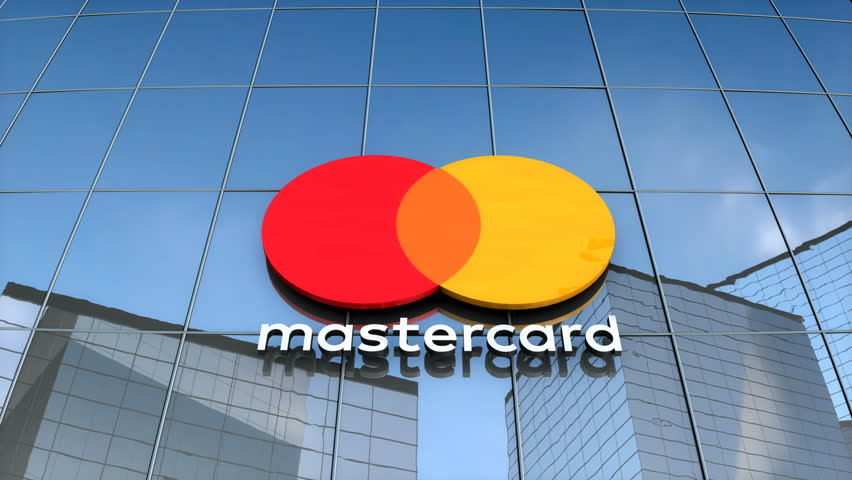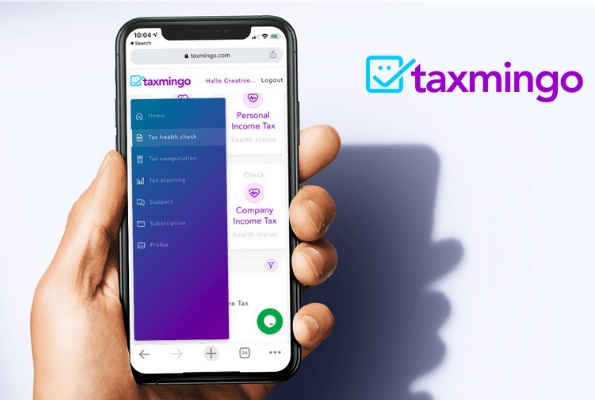Mastercard has said that 1.4 million Nigerian small business owners have move their businesses online and accepted a range of digital payment from customers. Mastercard Economic Institute in its 2021 global economic outlook said “in Nigeria, SME-in-a-Box, a new low-cost payments solution, enables small business owners to move their businesses online and accept a range of digital payments from their customers. Additionally, NetPlusDotCom and Innovectives have already onboarded 1.4 million Nigerian micro and small enterprises with digital payment tools such as Mastercard QR, USSD codes and contactless to advance their business.
The Mastercard Economic Institute released its Economy 2021 a global outlook report providing detailed analysis of the economic impact of COVID-19 including permanent changes in digital consumer spending habits, growth of online banking, fintech disruption and opportunities to boost financial inclusion. Among the key trends analysed is the sharp shift to digital platform use, driven by changed consumer behaviour, mobility restrictions and the necessity to generate business revenues beyond brick-and-mortar locations. The Mastercard Economics Institute, which was launched last year to analyse macroeconomic trends through the lens of the consumer, released the report to help governments and businesses of all sizes find a path forward following a gruelling and transformative 2020.
The report said “in terms of the e-commerce spending surge, the Mastercard Economics Institute estimates a permanent stickiness factor of 20-30% in overall retail spending, a key consideration as businesses contemplate scaling up their digital transformation efforts. This shift was also highlighted in a recent Mastercard e-commerce study, which revealed that 73% of consumers in the Middle East and Africa (MEA) were shopping more online than they did before the pandemic”. According to Economy 2021, as e-commerce rapidly becomes a way to pandemic-proof a business, adoption by older generations and added convenience and lower costs for consumers will contribute to the continued growth of digital demand in 2021.
In Nigeria, SME-in-a-Box, a new low-cost payments solution, enables small business owners to move their businesses online and accept a range of digital payments from their customers. Additionally, NetPlusDotCom and Innovectives have already onboarded 1.4 million Nigerian micro and small enterprises with digital payment tools such as Mastercard QR, USSD codes and contactless to advance their business. Mastercard also partnered with Selcom to drive digital transactions in Tanzania. Within the scope of accelerated digital transformation, the report also notes that continued digitalisation in MEA is key to advancing financial inclusion. This is especially relevant in regions such as East Africa, where IMF research found that even where financial inclusion through traditional banking services was declining, expanded access to digital tools and services increased financial inclusion. This trend is set to continue in 2021, especially in the more digitally advanced economies such as Ghana, Kenya and Uganda.
According to Economy 2021, the need to bring the population into the digital economy first through online banking solutions is paramount to delivering growth over generations to come. Fintech disruption in online banking is set to be a key driver for this, especially in East African economies. Brick-and-mortar business creation is expected to decline further in 2021 in favour of online business creation and the adoption of initiatives that connect a merchant’s sales data with access to capital. Another aspect of advancing financial inclusion highlighted by Economy 2021 is leveraging cutting-edge technologies to connect consumers to small businesses and micro-merchants. As digital innovation improves and internet access increases, digital payment solutions such as Contactless, Virtual Card Numbers and Quick Response codes offer more possibilities than ever before.
Mastercard has been working to bridge the financial inclusion gap through a broad range of efforts, including partnerships with mobile network operators, ongoing work on government disbursement solutions, wage digitisation of private sector workers, solutions for gig workers, scaling efforts with telcos via their digital platforms and digital wallets. A key success factor for regional economies when it comes leveraging the growth of e-commerce and advancing financial inclusion is the young and fast-growing populations across MEA. Africa is home to 19 of the world’s 20 youngest countries. As millions of young consumers become mobile users for the first time, GSMA anticipates Sub-Saharan Africa to cross a 50% penetration rate of unique mobile subscribers by 2025. In addition to the advantages that this demographic presents, Economy 2021 also sets out the associated risks such as growing youth unemployment. The report notes that the link between high unemployment, high youth unemployment and social unrest is likely to remain an issue in 2021, as is the potential fallout from climate change – which carries both short- and long-term risks.
“This growth of the digital economy represents a ‘coming of age’ for e-commerce, a turning point in bridging the digital divide. We are heading for a multi-speed global recovery that favors low-touch over high-touch,” said David Mann, Chief Economist, Asia and MEA, Mastercard.“Small businesses and micro merchants are especially crucial to the region’s economies and by enabling them to accept digital payments, we can connect more people and communities to financial freedom and eventual prosperity.” Mastercard has committed to powering small businesses through its payments technologies, network and insights, as part of a global $250 million pledge in products and services over the next five years. Alongside e-commerce, the report anticipates automation around the Fourth Industrial Revolution (4IR), contactless interaction, local delivery services and ‘tele-everything’ to be other long-lasting trends. Among the trends expected to reverse as mobility restrictions are gradually lifted are eating out and leisure travel, a key GDP contributor in many MEA economies. Traditional tourism-focused economies, such as Kenya and Egypt, will benefit from international tourism’s eventual return.










